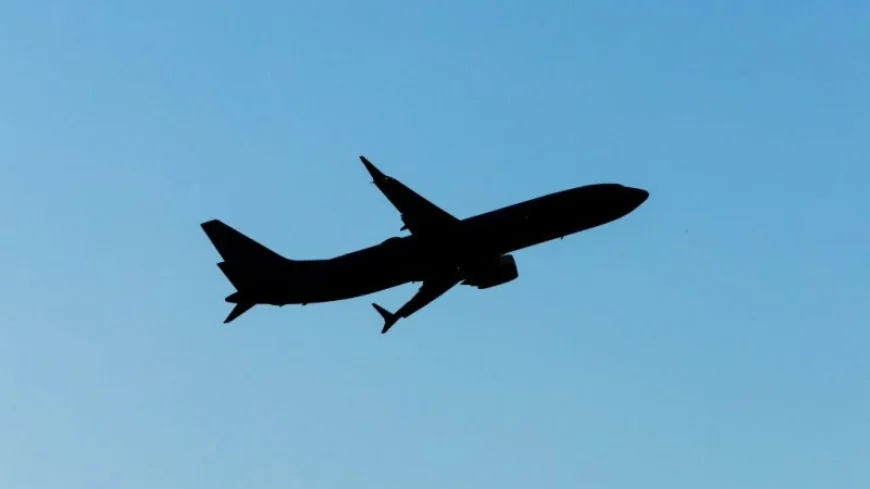‘You are still safe’: Fear of flying soars amid U.S. aviation disasters, experts ease worries

RICHMOND, Va. (WRIC) -- After several major and deadly aviation incidents, fear of flying has reached a new high. However, the Department of Transportation says that flying is still statistically the safest way to travel.
"Planes are aerodynamically designed to fly," said former airline pilot Jeff Ottaviano. "They don't fall out of the sky, like you see in the movies."
This message is crucial for college students preparing for their spring break getaways. 8News spoke to some of those college students, who say they are growing more nervous to fly following recent plane crashes.
"It's been a busy couple weeks in aviation," Ottaviano said. "Every one of these accidents that happened, or incidents, is always studied."
Incidents include a fiery American Airlines crash in Washington, D.C. that claimed 67 lives in January. Smaller crashes in cities such as Philadelphia, Alaska, Arizona and New Jersey followed. Altogether, this slew of disasters has heightened anxiety.
"If you take the noncommercial scheduled airline flights out of the equation, most of these accidents involve smaller private planes," Ottaviano said. "These don't normally affect passengers."
He said that, after the D.C crash, the only other commercial airline mishap this year was a Delta incident in Canada.
"As scary as that plane landing and flipping it upside down was, 83 people walked out of that aircraft," Ottaviano said of that Delta crash.
Ottaviano also emphasized the rigorous training pilots undergo every six months, as well as the emergency preparedness of flight attendants.
"The snacks and drinks are [just] extra," he said. "Flight attendants are there as a resource to help you. You are still safe."
Despite concerns over recent Federal Aviation Administration (FAA) job cuts, he stressed that essential roles, like air traffic controllers, were not impacted, ensuring continued safety.

 VENN
VENN 





